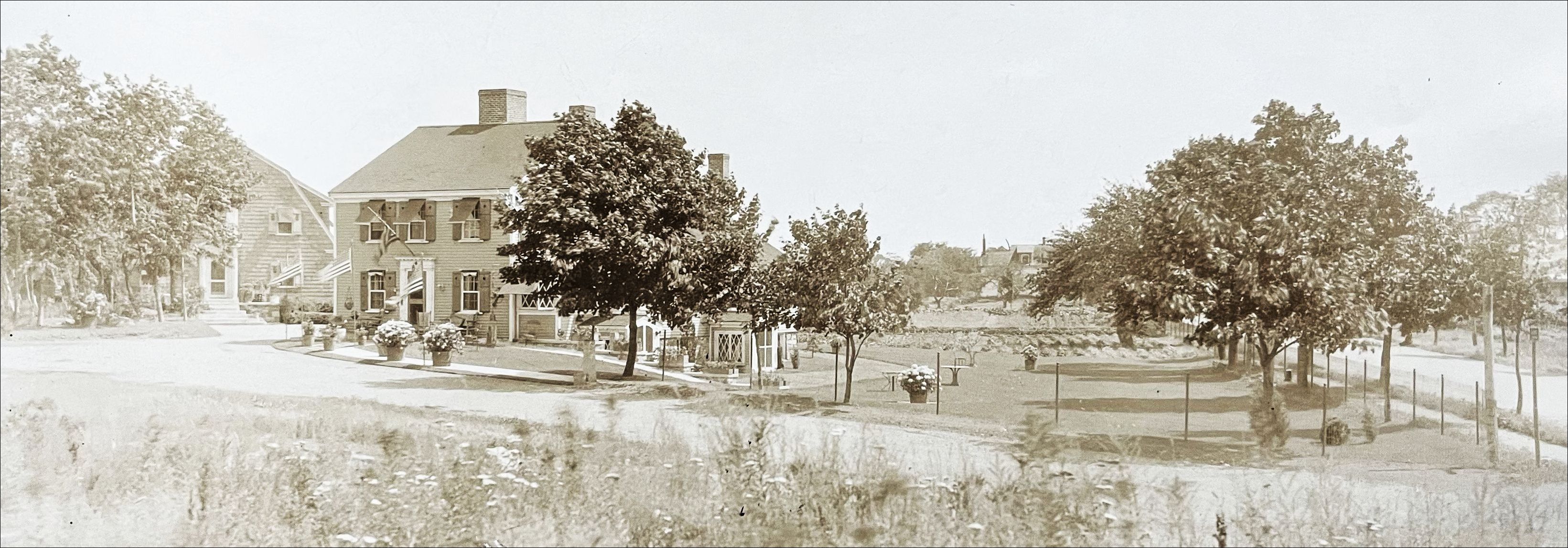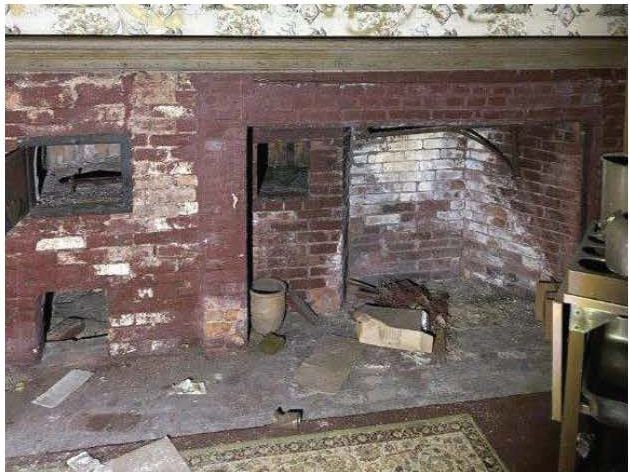We can’t let the home of one of the great heroes of the American Revolution be demolished.
-
Spring 2024
Volume69Issue2
“One of the great truths of history is that no past event was preordained,” wrote David McCullough in American Heritage. “Every battle, election, and revolution could have turned out differently at any point along the way.”
Proof of that observation is the number of times that John Glover and his Marblehead regiment saved George Washington and the fledgling American army from disaster, described so well in this issue by historian Patrick K. O’Donnell.
Their courage and sacrifice made a crucial difference in winning the American Revolution, and enabling us to live in a free, democratic, and prosperous country.

How do we repay this incalculable debt?
Surely, not by bulldozing the house that Glover retired to after his years of incredible struggle and sacrifice.
Glover returned to Marblehead “Broken & Shatter’d to Pieces,” as he put it. The war cost him “the expense of my little fortune, earned by hard labor and industry; to (the) sacrifice ...and total ruin of a family of young children.”

To honor the courage and contributions of John Glover and the men who followed him in the fight for American freedom, this house must be preserved.
Nancy Schultz, the chair of the Swampscott Historical Commission, is one of the leaders of the effort to save Glover’s house. We asked her to tell us about the house and the efforts to save it, which she does in this issue in “Home of John Glover Threatened with Demolition.”
We also turned to one of our favorite authors, Patrick K. O’Donnell, to give us an overview of why Glover is so important. He is a leading military historian and the author of a fascinating book on the crucial role that John Glover and the Marblehead men played in the Revolution.
As discord with the Crown increased in early 1775, Glover and his men were at one of the first fights of the war for independence, when the Marblehead and Salem militias held off 300 British soldiers who had landed to confiscate weapons at Salem Bridge. Months later, they rushed to Concord to join the fight there.
The following year they saved the Continental Army at the “American Dunkirk,” accomplishing the nearly impossible task of rowing and paddling 9000 men to Manhattan from Brooklyn, where they were trapped by a much larger British army -- in the middle of the night, with no lights, in order to evade the British warships nearby.
Glover's heroic stand at Pell's Point was another incredible feat, as he and his regiment held off an invading force of 4000 redcoats to allow Washington and his army to escape again.
There was also the amazing accomplishment of Glover and his men crossing the Delaware River at the end of 1776, when the Americans defeated the British and Hessians at Trenton and then Princeton. John Glover and the Marbleheaders also played a critical role in the pivotal Saratoga battles almost a year later.
It is beyond belief that anyone would be so callous and lacking in gratitude and patriotism as to tear down the house of one of the truly indispensable men of the war.

